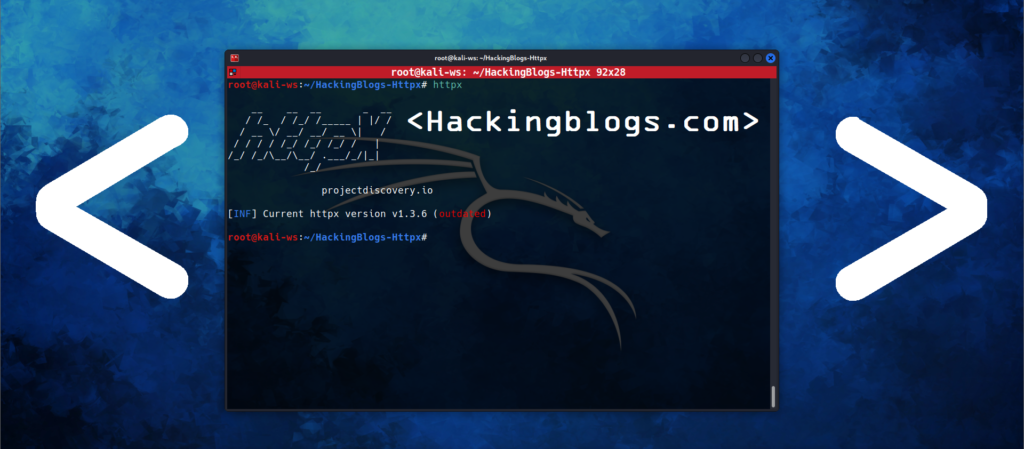Intro
This article discusses a recent spyware attack that was claimed conducted by the Israeli business Paragon Solutions and targeted almost 90 WhatsApp users, including journalists and activists. The attack gained access to victims’ phones by sending a malicious PDF file via group chats. In December, WhatsApp stopped the attack with assistance from Citizen Lab experts.

Hackers were able to access private messages, images, and even the phone’s microphone thanks to the spyware. A case like this highlights the need for more regulation of spyware businesses and the growing threat to journalists and activists.
“We’ve reached out directly to people who we believe were affected,” said a WhatsApp spokesperson. “This is the latest example of why spyware companies must be held accountable for their unlawful actions. WhatsApp will continue to protect peoples’ ability to communicate privately.”
The Attack’s Type: Zero-Click Spyware
Because of its secrecy, the attack—known as a zero-click exploit—is regarded as one of the most hazardous types of spyware. Hackers gained access to victims’ devices by sending them malicious PDF documents that required no activity on the part of the victims—such as clicking on dangerous links.
Once infected, the spyware gave hackers complete access to contacts, messages, images, and even the ability to remotely turn on cameras and microphones. This hack demonstrates the vulnerability of digital communication platforms to sophisticated malware attacks.
WhatsApp’s Response and Legal Actions : The Role of Paragon Solutions and Its Reputation
Following the attack, WhatsApp demanded that Paragon Solutions stop its unlawful operations in a cease-and-desist letter. To detect and stop the attack, the messaging app also collaborated closely with Citizen Lab cybersecurity specialists. WhatsApp has said it will keep safeguarding users’ private communications while looking for legal ways to penalise Paragon responsible for the hack.
Although no additional information has been released, the event has also been reported to law police and industry partners.The Israeli business that created the spyware, Paragon Solutions, has previously positioned itself as a more moral participant in the spyware market by asserting that it only sells its products to democratic, stable countries.
However, there are significant worries regarding the improper use of WhatsApp’s surveillance capabilities in light of the recent attack on its users. Experts, such as Access Now’s Natalia Krapiva, caution that governments continue to misuse commercial spyware, which includes firms like Paragon, to spy on people who oppose their policies, such as opposition politicians, journalists, and activists.
“WhatsApp has disrupted a spyware campaign by Paragon that targeted a number of users including journalists and members of civil society. We’ve reached out directly to people who we believe were affected. This is the latest example of why spyware companies must be held accountable for their unlawful actions. WhatsApp will continue to protect people’s ability to communicate privately,”


